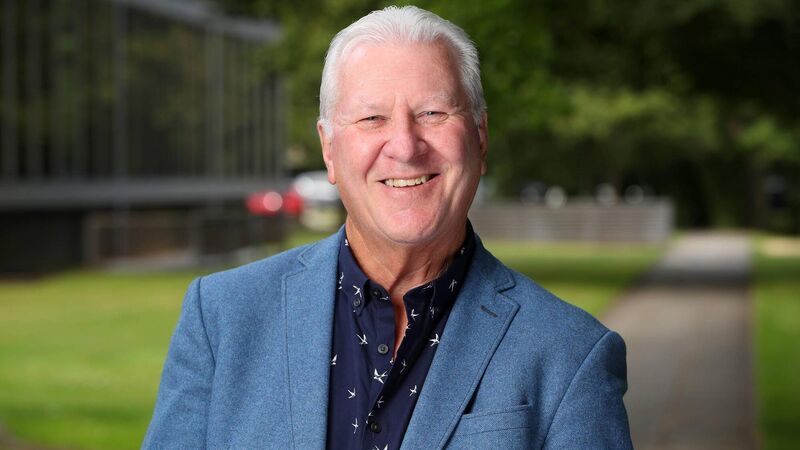Culture That Made Me: Ronan Collins on black music, The Beatles, and Larry Gogan

Ronan Collins presents the nation's most popular music show on weekdays on RTÉ 1.
Ronan Collins, 69, grew up in Glasnevin, Dublin. He was a drummer for showbands such as The Others and Dickie Rock. In 1979, he joined RTÉ as a radio DJ, as part of the Radio 2 launch team, later switching to Radio 1. The Ronan Collins Show, which has the biggest listenership of any radio music show on the island of Ireland, is on weekdays at noon, RTÉ Radio 1.




